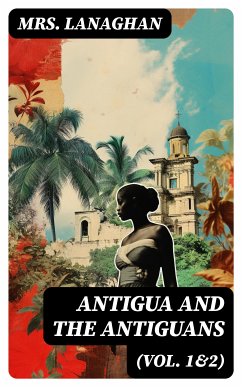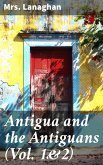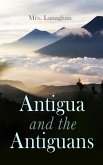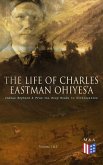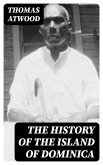In "Antigua and the Antiguans," Mrs. Lanaghan offers a meticulous ethnographic study of Antiguan society in the 19th century, delving into the island's culture, customs, and socio-political landscape. Through vivid prose and keen observation, she chronicles the lives of both the indigenous population and European settlers, capturing the complexities of colonial life. The work serves as both a historical document and a literary tapestry, intertwining narrative storytelling with exhaustive detail that immerses the reader in the Caribbean milieu of the period, illustrating the tensions and harmonious coexistences amid colonialism. Mrs. Lanaghan, a contemporary of the Victorian era, possessed a unique perspective on the Caribbean, shaped by her personal experiences and her commitment to exploring themes of identity and cultural inheritance. Her insights and observations are informed not only by her travels but also by her scholarly approach to anthropology, which was emerging as a discipline during her lifetime. This blend of firsthand experience and academic rigor provides the reader with a multifaceted understanding of Antigua as both an island and a cultural entity. This groundbreaking work is a must-read for scholars and enthusiasts of Caribbean history, colonial studies, and ethnography. Mrs. Lanaghan's ability to convey the essence of Antiguan life invites readers to appreciate the rich tapestry of influences that have shaped the region, making it an invaluable addition to any literary collection.
Dieser Download kann aus rechtlichen Gründen nur mit Rechnungsadresse in A, B, BG, CY, CZ, D, DK, EW, E, FIN, F, GR, H, IRL, I, LT, L, LR, M, NL, PL, P, R, S, SLO, SK ausgeliefert werden.

